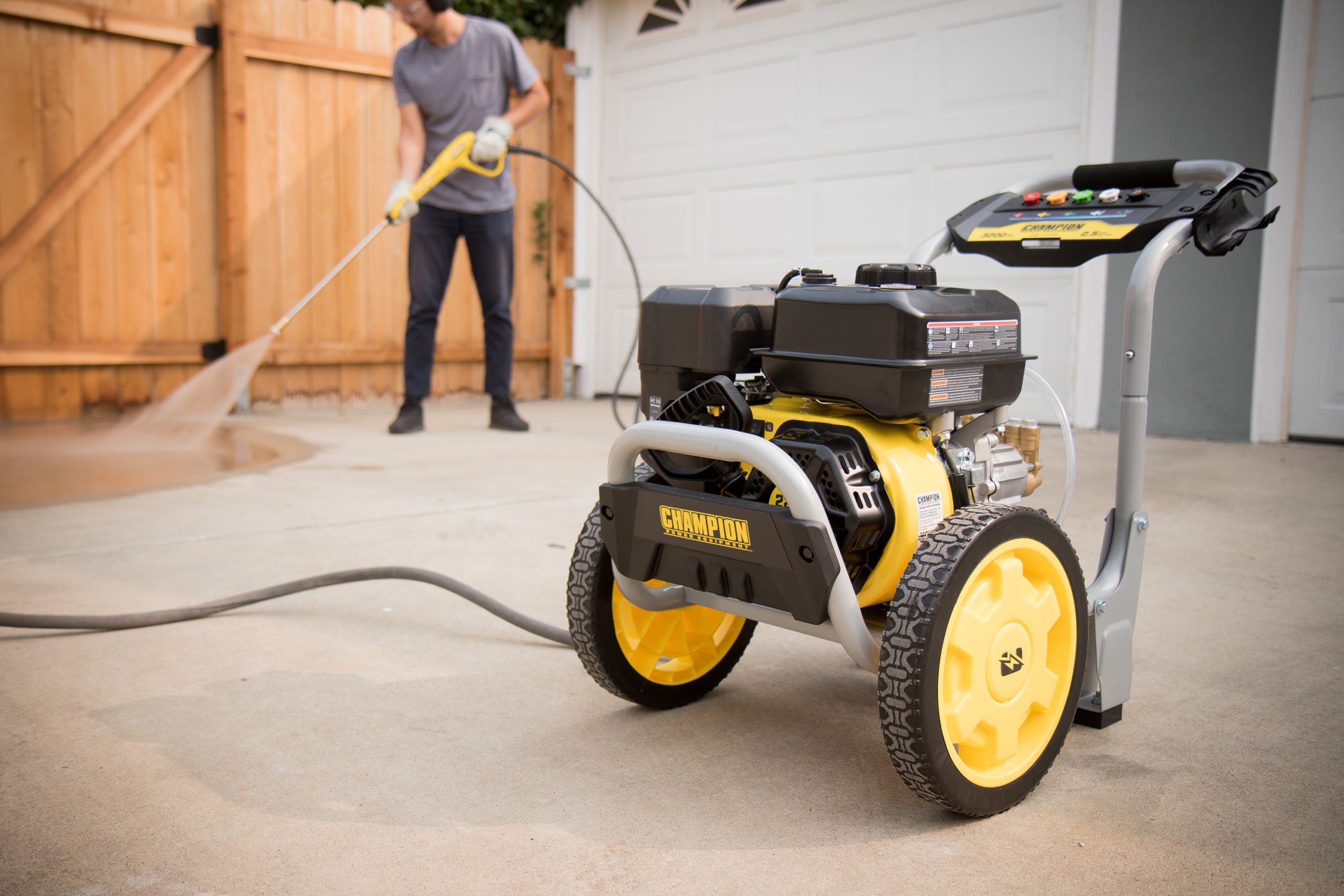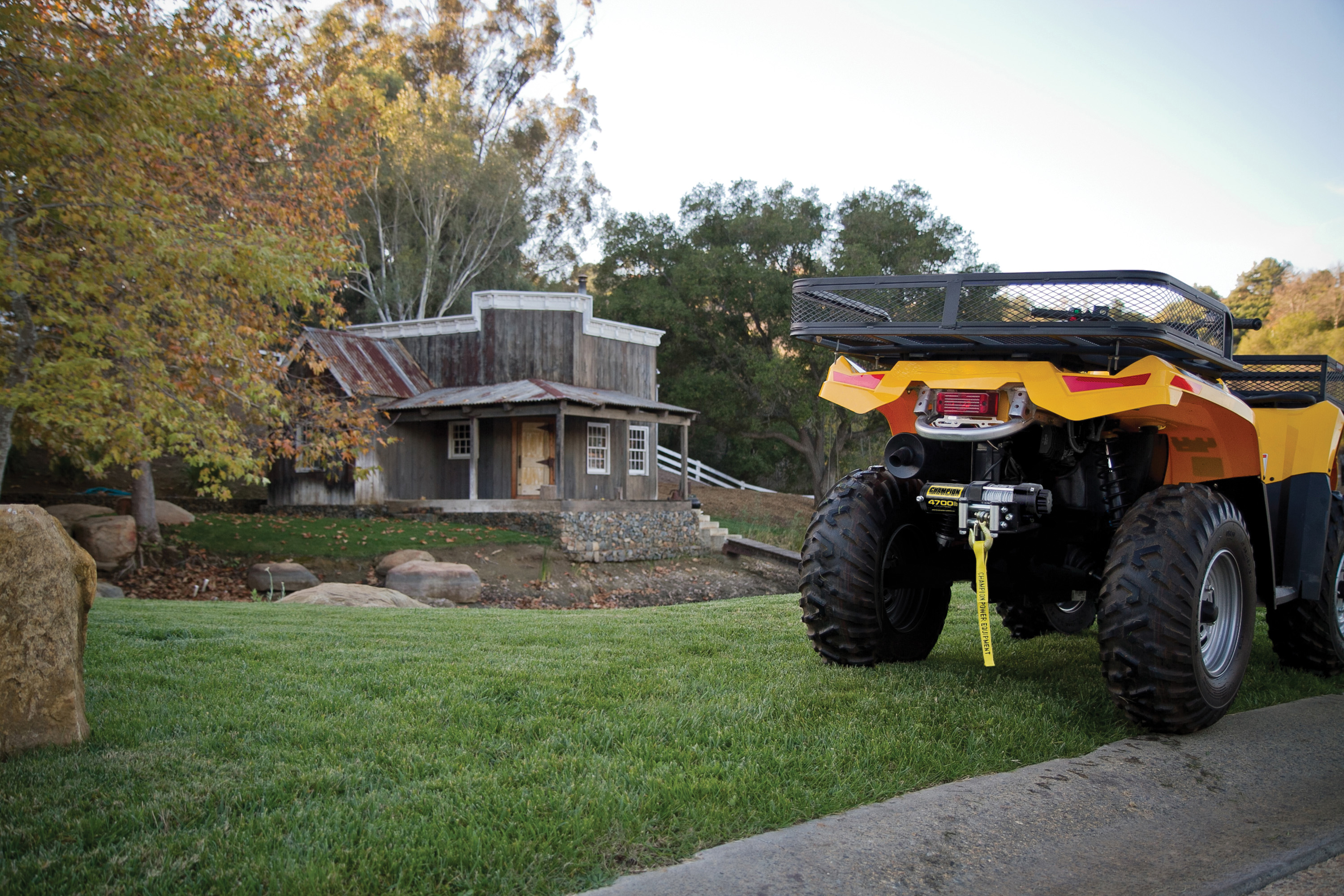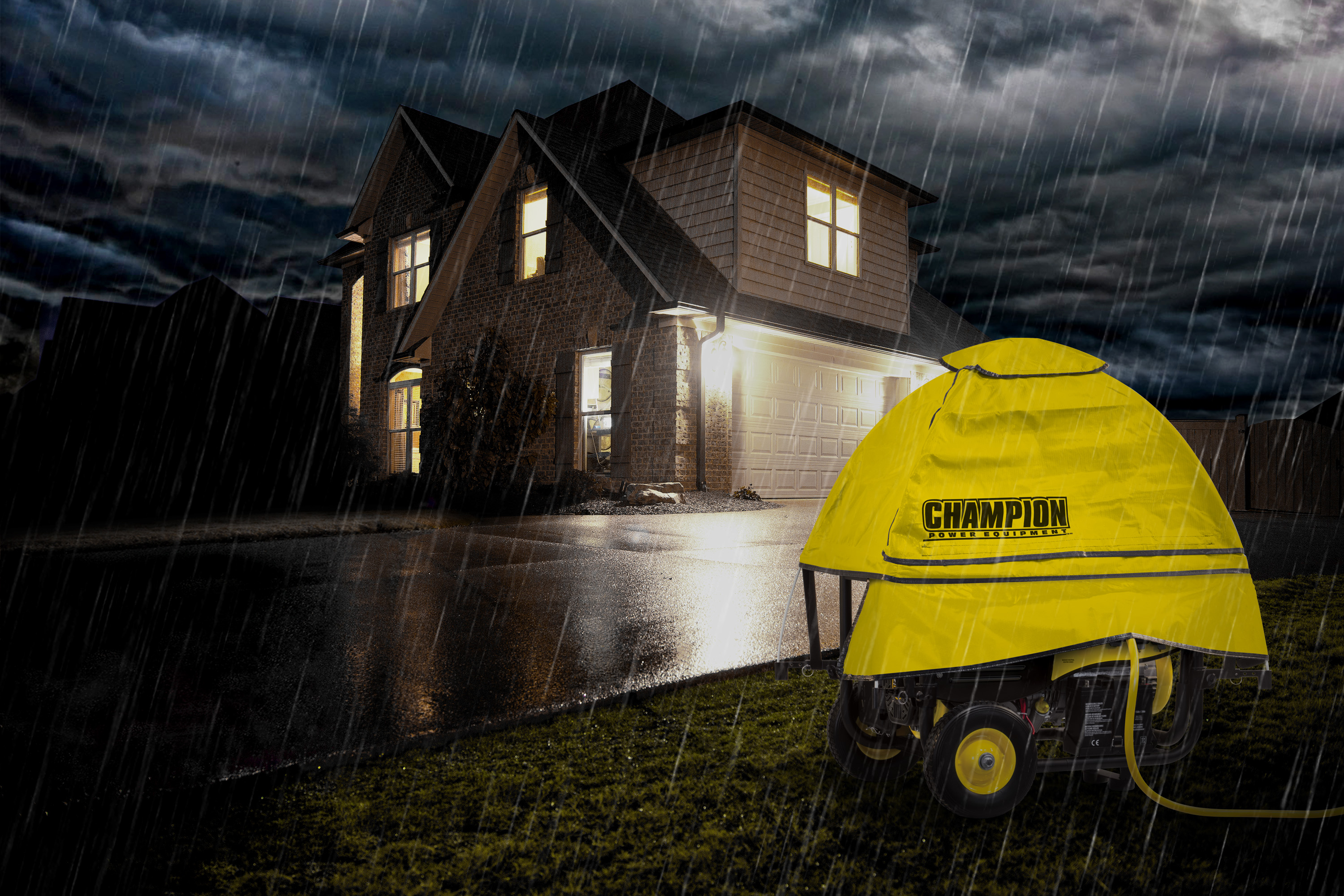Don’t Let Grime Win: Pressure Washer Tips For Simple Spring Cleanup
The sun is shining, the birds are chirping, and spring has sprung! But, as you head outside for a breath of fresh air, you can’t help but notice the layer of pollen, mold, mildew, and dirt coating everything. Fear not. With a pressure washer in hand, you can tackle spring cleaning with ease.

Here are some ways to make your spring outdoor cleanup a breeze.
Choose the Right Nozzle
First, after you’ve read your owner’s manual, choose the right nozzle. Different nozzles create different spray patterns, so select one that suits the task at hand. A 0-degree nozzle is great for a deep clean on concrete or metal surfaces, while a 25-degree nozzle is ideal for general cleaning like washing your car or patio furniture. Be sure to read the manufacturer’s instructions to avoid damaging surfaces and save time by doing things right the first time.
Be Safe
Next, safety first! Wear closed-toe shoes, safety glasses, and ear protection. You’ll also want to protect any electronics, outdoor furniture, and delicate landscaping from the water stream. Plastic sheeting and tape can help protect anything you don’t want to come into contact with your pressure washer.
Select Safe Soap
You don’t have to use detergents with your pressure washer, but sometimes it might be necessary. Remember to rinse from the top down and consider using environmentally friendly soaps to help clear away the grime. Choosing the right detergent also means you need to read the label and make sure the detergent you choose is biodegradable and the ingredients are environmentally friendly. You’ll also want to check the toxicity levels of the product to make sure it won’t cause harm to people, animals, or plants.
Walkways and Patios
Once you’re geared up and ready to go, start with the toughest cleaning jobs first. This allows you to get them out of the way and makes tackling everything else seem like a breeze. Concrete patios, driveways, or sidewalks are great places to start. Use a 0-degree nozzle to blast away dirt and grime, following up with a 25-degree nozzle to remove any debris left behind.
The Outside of Your Home
Now you can move on to the exterior of your home. Start at the highest point and work your way down, so you don’t wash debris onto already clean areas. A 25-degree nozzle is perfect for washing away all of the winter dirt from your siding, doorways, and windows.
Decks and Fences
If you have a deck or fence, be sure to give them some TLC too. Use a wood-safe cleanser and a 40-degree nozzle to gently clean away mold and mildew. Tackling these surfaces with lower pressure will prevent damage to wood and staining.
Vehicles
Don’t forget about your vehicles! Pressure washing your car, truck, or SUV is an easy way to get rid of grime, dirt, and salt buildup from winter roads. When washing your car, it’s best to use a 25-degree nozzle, working from the top down to avoid pushing dirt into crevices.
Bye, Grime
After you’ve finished spraying everything down, turn off your pressure washer and disconnect it from the power supply. Always drain the water out of the pressure washer’s hoses and spray gun before storing it.
Remember, don’t let grime win! Select the proper nozzle, gear up for safety, and work your way through your to-do list starting with the toughest jobs first. With a little effort, and a Champion pressure washer by your side, you’ll have your property looking fresh and clean and ready for spring.

